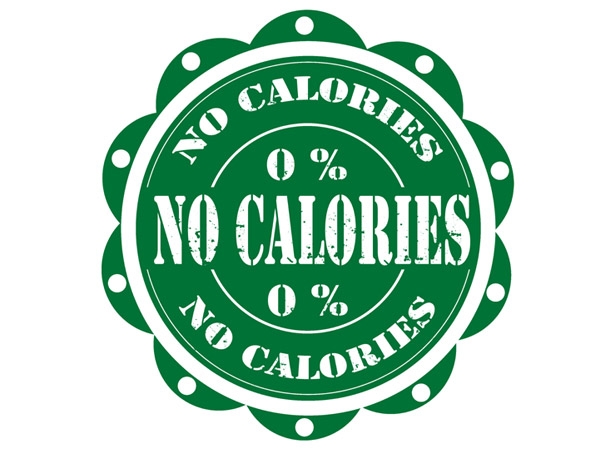 Sleep Well. Wake Up Refreshed!
Sleep Well. Wake Up Refreshed!
When you’re in a rush to meet work, school, family, or household responsibilities, do you cut back on your sleep, thinking it won’t be a problem? or have trouble falling and staying asleep and don’t feel rested?
Like many people, you might think that sleep is merely a “down time” when the brain shuts off and the body rests. Think again.
What Is Sleep? Sleep was long considered just a block of time when your brain and body shut down. Thanks to sleep research studies done over the past several decades, it is now known that sleep has distinct stages that cycle throughout the night in predictable patterns. Your brain and body functions stay active throughout sleep, but different things happen during each stage. For instance, certain stages of sleep are needed for us to feel well rested and energetic the next day, and other stages help us learn or make memories.
In brief, a number of vital tasks carried out during sleep help people stay healthy and function at their best. On the other hand, not getting enough sleep can be dangerous—for example, you are more likely to be in an accident if you drive when you are tired.
How Much Sleep Is Enough? Sleep needs vary from person to person, and they change throughout the life cycle. Most adults need 7–8 hours of sleep each night. Newborns, on the other hand, sleep between 16 and 18 hours a day, and children in preschool sleep between 11 and 12 hours a day. School-aged children and teens need at least 10 hours of sleep each night.
Some people believe that adults need less sleep as they get older. Simply because, they have trouble falling asleep. But there is no evidence to show that older people can get by with less sleep than younger people. As people age, however, they often get less sleep or they tend to spend less time in the deep, restful stage of sleep. Older people are also more easily awakened.
Why Sleep Is Good for You—and Skimping on It Isn’t Does it really matter if you get enough sleep? Absolutely! Not only does the quantity of your sleep matter, but the quality of your sleep is important as well. People whose sleep is frequently interrupted or cut short might not get enough of certain stages of sleep. In other words, how well rested you are and how well you function the next day depend on your total sleep time and how much of the various stages of sleep you get each night.






